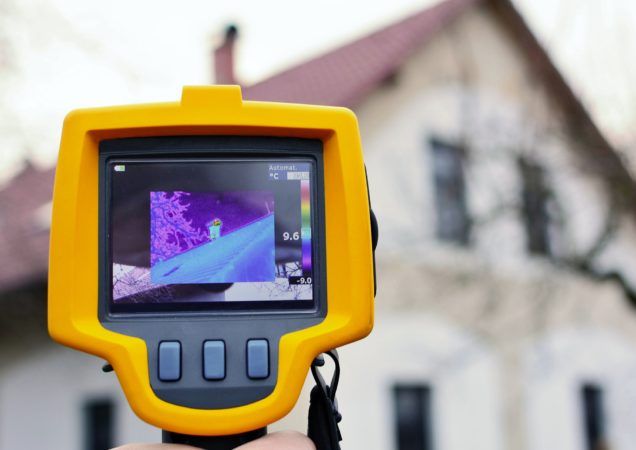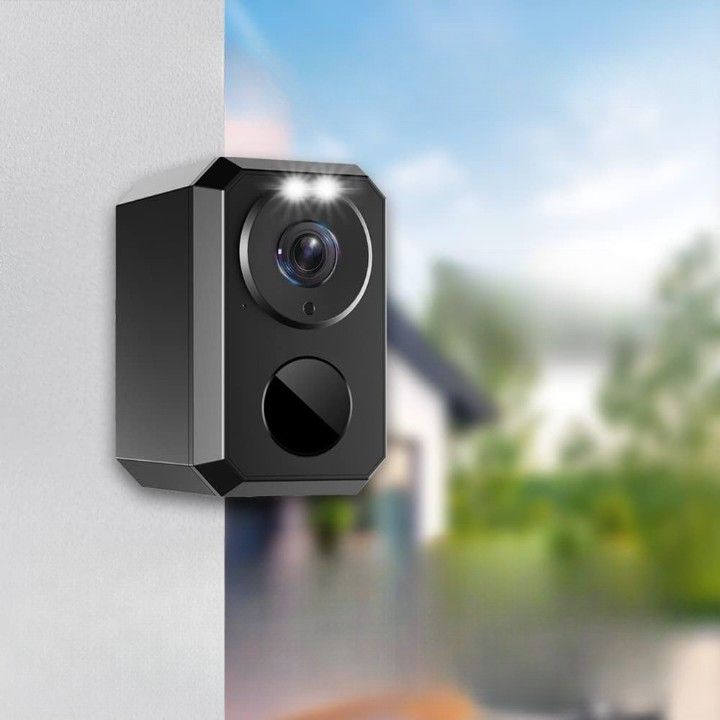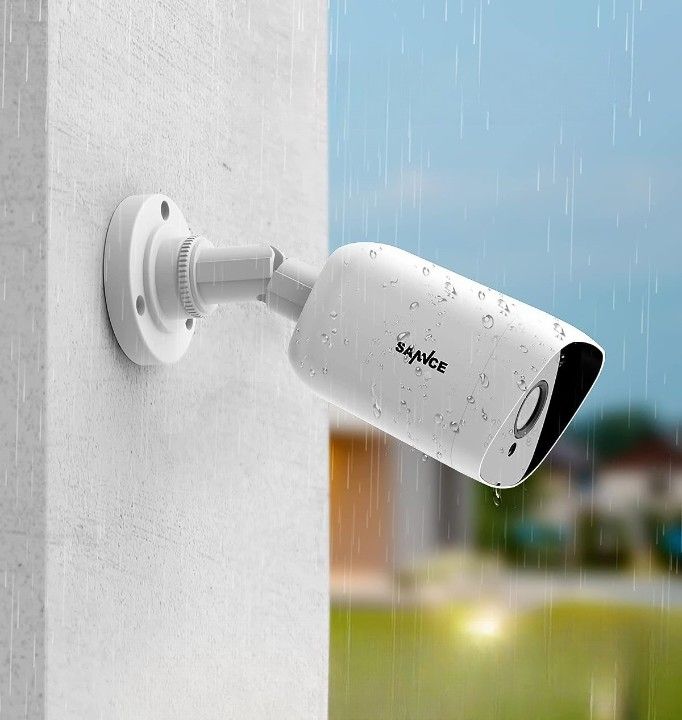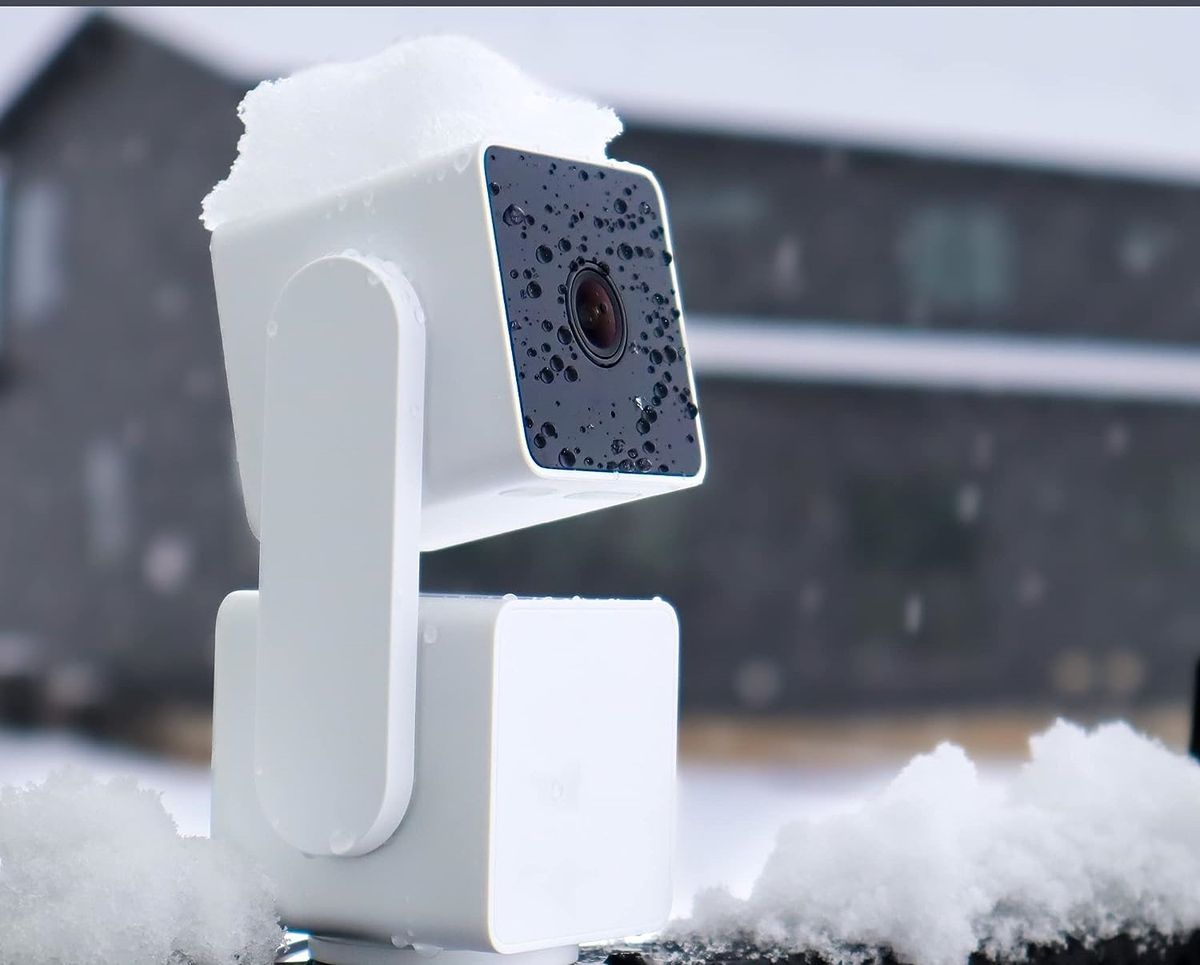In today's rapidly evolving world, security is a paramount concern for homeowners and businesses alike. With advancements in technology, home security cameras have become an integral part of our daily lives, offering round-the-clock surveillance and peace of mind. Among the various features that modern security cameras offer, night vision capabilities stand out as a crucial aspect. In this article, we will delve into the world of security camera night vision, exploring the technology, benefits, and considerations for selecting the right night vision camera for your needs.
Understanding Night Vision
Night vision cameras, also known as infrared cameras or night vision cameras, are designed to capture clear and detailed images in low-light conditions and even complete darkness. This technology leverages infrared (IR) light, invisible to the human eye, to illuminate the area under surveillance. As the IR light bounces off objects, the camera's image sensor captures the reflected light, allowing it to create a visible image.
Types of Night Vision Cameras
There are several types of night vision cameras available in the market, each with its unique advantages:
- Infrared Night Vision Cameras: These cameras rely on IR LEDs to provide illumination, rendering subjects visible even in pitch-black environments.
- Color Night Vision Cameras: Some advanced night vision cameras offer color imaging, allowing for clearer and more detailed views, particularly in low-light conditions.
- Long-Range Night Vision Cameras: Ideal for large properties, these cameras can capture images at considerable distances, ensuring you don't miss any potential threats.
- Outdoor Security Cameras: Outdoor night vision cameras are built to withstand harsh weather conditions, making them suitable for monitoring your property's exterior.
Benefits of Night Vision Cameras
Night vision cameras offer numerous advantages, making them an indispensable part of modern security systems:
- Enhanced Security: Night vision cameras provide continuous surveillance, ensuring your property remains protected 24/7, even in complete darkness.
- Motion Detection: Many night vision cameras come equipped with motion detection technology, sending alerts to your devices when any movement is detected.
- Deter Intruders: The presence of visible red glow or LED lights in night vision cameras can act as a deterrent to potential intruders, making them think twice before approaching your property.
- Integration with Smart Devices: Some night vision cameras can be integrated with voice assistants like Google Assistant, making it convenient to monitor your property using voice commands.
Installation and Considerations
Installing night vision cameras can greatly improve your home security. Here are some key factors to consider:
- Location: Determine the strategic locations for camera placement to cover vulnerable areas around your property.
- Wired or Wireless: Choose between wired and wireless night vision cameras based on your preferences and property layout.
- Power Source: Some cameras rely on batteries, while others require a constant power source. Consider your camera's power requirements and accessibility when installing.
- Maintenance: Regularly clean and maintain your cameras to ensure optimal performance.
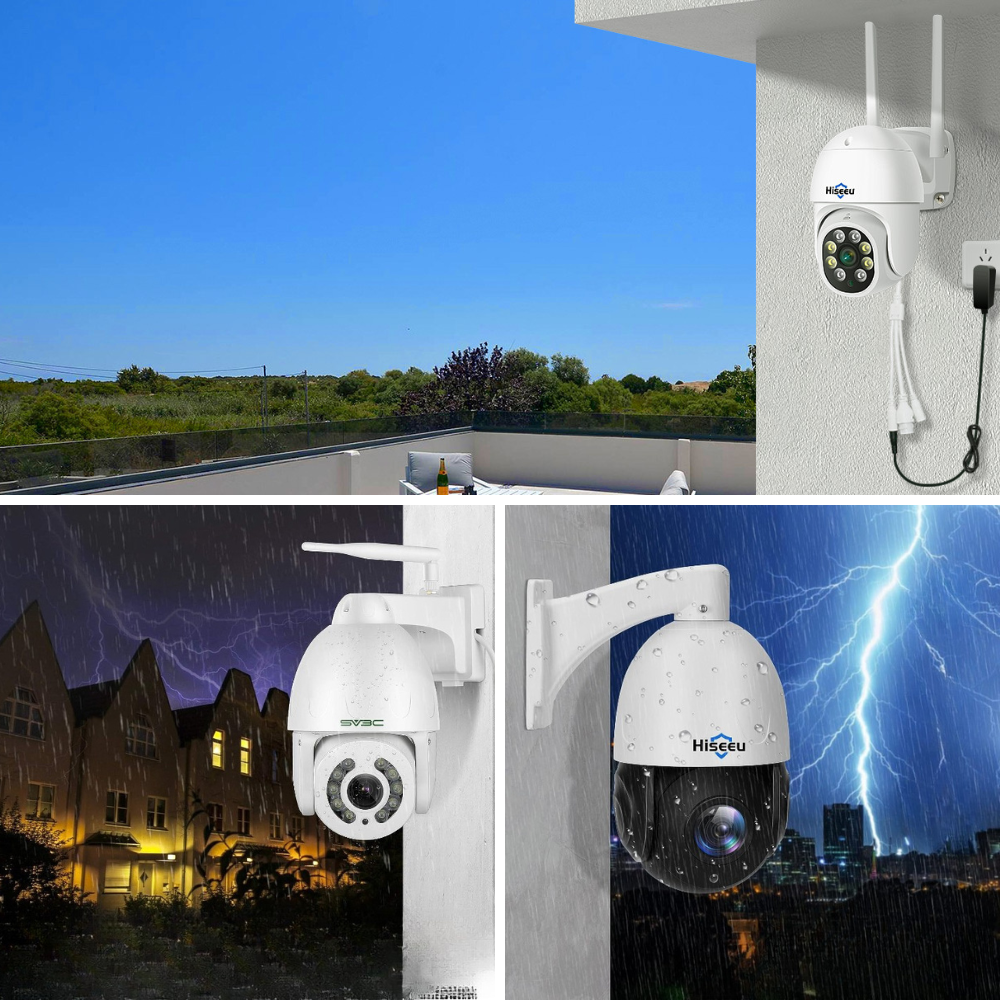
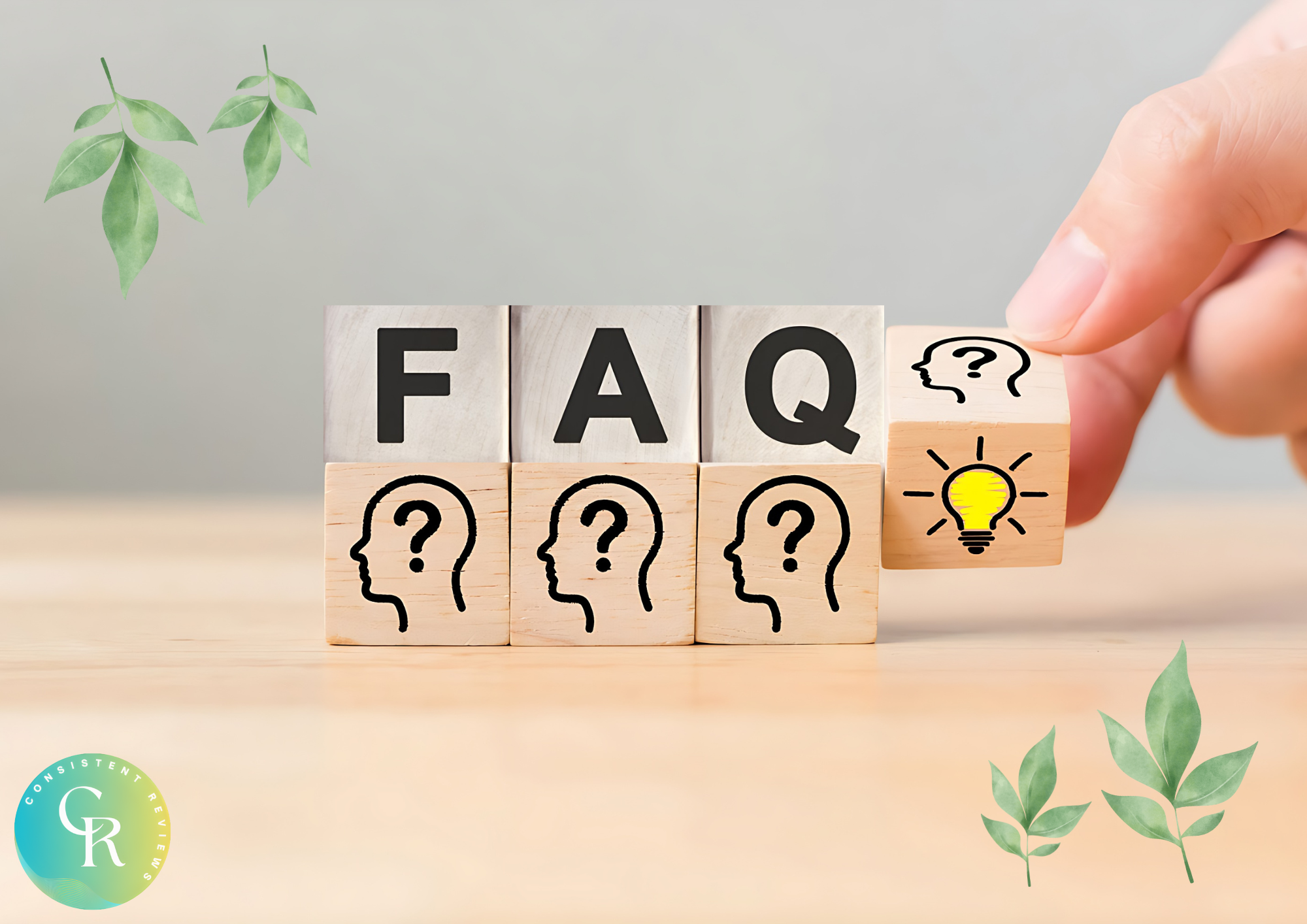
What makes a good night vision camera?
A good night vision camera should have several key features to ensure optimal performance in low-light conditions. Some important factors to consider when having night vision, include:
- Infrared Illumination: The camera should have built-in infrared LEDs or other technologies to provide clear visibility in complete darkness. This allows the camera to capture sharp images even in the absence of external light sources.
- High Resolution: Choose a camera equipped with high-resolution capabilities to guarantee the capture of clear and intricate footage. Higher-resolution cameras offer more clarity, making it easier to identify objects and individuals in the captured footage.
- Low Light Sensitivity: Look for a camera that has good low light sensitivity, allowing it to capture images effectively in challenging lighting conditions. This feature ensures that the camera performs well even in areas with minimal ambient light.
- Wide Dynamic Range (WDR): WDR is essential for cameras used in environments with varying lighting conditions. It helps balance and optimize the exposure between bright and dark areas, ensuring that both are visible in the captured footage.
- Stealthy Design: Depending on your specific use case, a camera with a discreet and stealthy design might be preferred. Cameras that blend seamlessly into their surroundings can be useful for surveillance purposes or when you don't want them to be easily noticed.
Remember to consider these factors when choosing a night vision camera to ensure that it meets your specific requirements.
Do all brands offer high-resolution night vision?
Not all brands offer high-resolution night-vision cameras. The level of resolution varies among different brands and models. When considering purchasing a night vision camera, it is important to research the specifications and compare the resolution capabilities of different brands.
Higher-resolution cameras generally provide clearer and more detailed images, which can be crucial for identifying objects and individuals in low-light conditions. However, it is important to note that higher-resolution cameras may come at a higher cost.
Before making a purchase, carefully review the specifications and features of different brands to ensure that the night vision camera meets your desired resolution requirements.
Do 'night vision' cameras produce a visible glow at night?
Night vision cameras do not produce a visible glow at night. They utilize infrared technology to capture images in low-light conditions. Infrared light falls outside the range of human vision, so the camera's infrared illuminators emit light that is invisible to the naked eye.
The infrared LEDs or other technologies used in night vision cameras emit infrared light that reflects off objects and is then captured by the camera's image sensor. This allows the camera to produce clear images even in complete darkness, without emitting any visible light that could give away its presence.
Therefore, night vision cameras remain discreet and do not create a visible glow that could potentially alert or deter intruders.
What features should I consider in a security camera?
When considering a security camera, several features should be taken into account to ensure its effectiveness and suitability for your needs. These features include:
- Resolution: Higher-resolution cameras provide better image quality, allowing for easier identification of individuals and objects.
- Field of View: Consider the camera's field of view, which determines the area of surveillance coverage. A wider field of view can capture more activity and reduce the number of cameras needed.
- Night Vision Capabilities: Look for a camera equipped with reliable night vision capabilities, such as infrared illumination. This ensures that the camera can continue capturing clear footage even in low-light or nighttime conditions.
- Motion Detection: Cameras with motion detection can trigger recording when motion is detected within their field of view. This feature helps save storage space and allows for more efficient monitoring.
- Two-Way Audio: Some cameras offer two-way audio capabilities, allowing you to communicate with individuals near the camera. This can be useful for remote monitoring or for verifying visitor identities.
- Weather Resistance: If you plan to install the camera outdoors, ensure that it is designed to withstand various weather conditions. Look for cameras with an appropriate IP rating for protection against dust and water.
These features are just a few of the important considerations when choosing a security camera. Assess your specific requirements and compare different models to find the camera that best suits your needs.
Do I need a night vision camera?
Whether or not you need a night vision camera depends on your specific requirements and use case. Night vision cameras are particularly useful in situations where surveillance is required during low-light conditions or at night. If you want to monitor an outdoor area after dark, such as a parking lot, backyard, or perimeter, a night vision camera can provide clear visibility and enhance security. Similarly, if you need to monitor indoor spaces during nighttime hours, a night vision camera can ensure that the footage captured is still useful.
Night vision cameras are also beneficial for applications such as wildlife observation, hunting, or monitoring dark corners of your house or property. You can find a wide variety of night vision cameras to fit any budget and need. Be sure to compare features and capabilities before purchasing so you are sure to get the right camera for your application.
What should I consider before buying a night surveillance camera?
Before purchasing a night surveillance camera, there are several important factors to consider:
- Night Vision Capability: Ensure that the camera has reliable night vision capabilities to capture clear images in low-light or nighttime conditions. Look for cameras with built-in infrared LEDs or other technologies for optimal performance.
- Resolution: When selecting a camera, it's essential to take into account its resolution to ensure the capture of clear and highly detailed footage. Cameras with higher resolutions offer superior image quality, making it more straightforward to discern and identify objects and individuals.
- Field of View: Evaluate the camera's field of view, which determines the area the camera can cover. A wider field of view can reduce the number of cameras needed and capture more activity.
- Motion Detection: Look for cameras with motion detection capabilities. This feature allows the camera to start recording when motion is detected, saving storage space and enabling more efficient monitoring.
- Weather Resistance: If you plan to install the camera outdoors, ensure it is weather resistant. Look for cameras with an appropriate IP rating to protect against dust and water.
By considering these factors, you can select a night surveillance camera that best suits your specific needs and provides optimal performance in low-light conditions.
Do all security cameras have night vision?
No, not all security cameras have night vision capabilities. Night vision is a feature that some security cameras are equipped with, allowing them to capture clear images in low-light or nighttime conditions.
When purchasing a security camera, it is important to check the specifications and features to determine if night vision is included. Cameras with night vision typically have built-in infrared LEDs or other technologies that emit infrared light to illuminate the scene and capture clear footage even in the absence of external lighting.
If night vision is a crucial requirement for your surveillance needs, ensure that the camera you choose explicitly mentions night vision capabilities.
How far can night vision cameras see?
The distance that night vision cameras can see varies depending on several factors, including the camera's specifications and the ambient lighting conditions. Generally, night vision cameras can provide visibility ranging from a few meters to several dozen meters.
The range of night vision is influenced by the power and quality of the camera's infrared illuminators, the sensitivity of the camera's image sensor, and the level of ambient light present. Cameras with higher-power infrared illuminators and more sensitive sensors tend to have a longer night vision range.
It is important to review the specifications of the specific night vision camera you are considering to understand its maximum effective range in low-light or nighttime conditions.

In conclusion, security camera night vision technology has revolutionized the way we protect our homes and businesses. With the ability to capture clear and detailed images in low-light and complete darkness, night vision cameras offer invaluable peace of mind. As the market continues to evolve, night vision cameras will play an essential role in enhancing security for both residential and commercial properties. When considering a night vision camera, carefully assess your needs, installation requirements, and desired features to ensure you make the right choice for your security needs.
